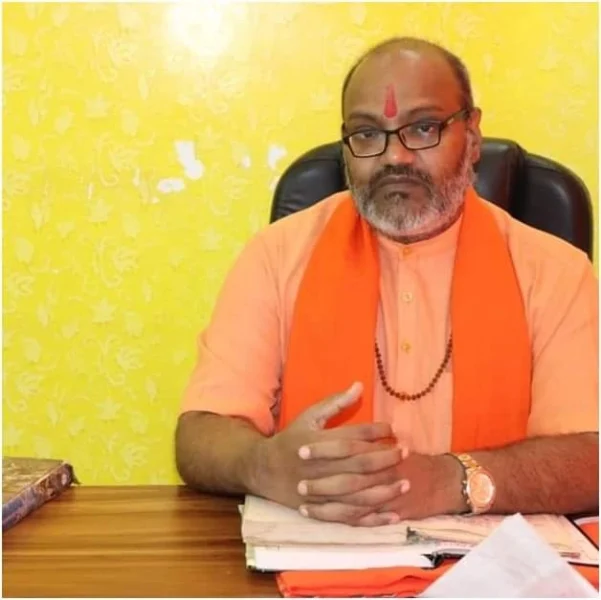– Mohd. Naushad Khan
Despite the Supreme Court of India’s clear guidelines on hate speech, individuals like Yati Narsinghanand continue to flout these orders, making blasphemous remarks. Narsinghanand’s recent inflammable remarks about Prophet Muhammadﷺ have drawn widespread condemnation from religious leaders across various faiths, who are calling for decisive action to set an example for others who promote hate.
Religious leaders are planning to meet with Chairman of the Minority Commission, urging him to forward a memorandum to the Prime Minister, demanding strong action against Narsinghanand’s blasphemous statement. This controversy has reignited discussions on the need for effective blasphemy laws, both in India and internationally.
A 2019 Pew Research Centre study revealed that 40% of countries worldwide have laws or policies banning blasphemy, while 11% criminalize apostasy. Such laws are most prevalent in the Middle East and North Africa, where 90% of countries criminalise blasphemy. In some nations like Saudi Arabia, individuals have faced severe punishments for blasphemy, including imprisonment and fines.
Currently, 71 countries have blasphemy laws, with punishments varying from country to country. In six nations, including Iran and Pakistan, blasphemy can even result in the death penalty. While some countries prioritise freedom of expression over religious concerns, it is widely believed that respecting the holy figures and texts of all faiths should be a moral obligation. Many believe that the United Nations should encourage global respect for religious beliefs to foster a more tolerant society.
Indian religious leaders have strongly condemned Narsinghanand’s remarks. Professor Salim Engineer, Vice President of Jamaat-e-Islami Hind, stated that Narsinghanand’s comments have not only hurt the sentiments of Muslims but also people of all faiths who believe in fraternity and peace. He noted that such remarks are often made to provoke religious tensions and divide society. He emphasised that the government’s inaction on such issues is concerning, as it emboldens those spreading hate. He warned that political patronage or protection of hatemongers threatens the country’s cultural and social fabric, and urged the government to take strict action.
Goswami Sushilji Maharaj, National Convenor of Bhartiya Sarv Dharm Sansad, also condemned Narsinghanand, stating that he has no place in society. He called for swift punishment and suggested submitting a memorandum to the Prime Minister via the NCM. He also revealed that he has recently been receiving threats and recounted a security incident at his temple, urging authorities to take action against those responsible.
Dr. MD Thomas, Director of Institute of Harmony and Peace Studies, also called for a united condemnation of Narsinghanand’s remarks. He stressed that no one should be allowed to make blasphemous comments about any religious figure and urged the government to act swiftly in addressing such incidents.




